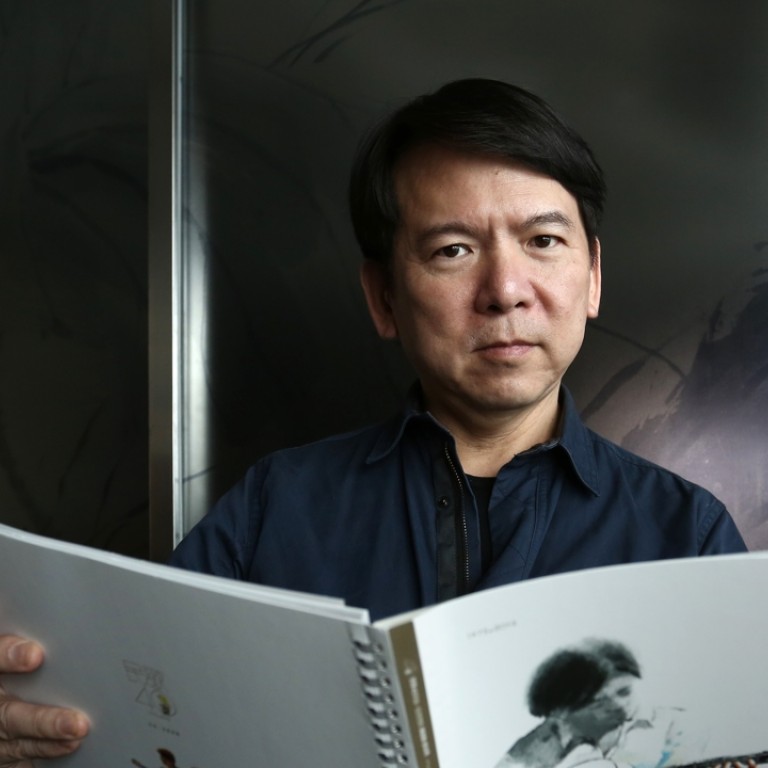
Rallying cry of an oppressed nation: 1980s hit song still captures Chinese hearts 35 years on, Taiwanese singer Lee Chien-fu says
Chinese hit song Descendants of the Dragon encapsulates the country’s long-held ‘victim’ mentality and will remain deeply ingrained in the national psyche despite new-found wealth and power, its original singer says
The 1980s hit song Descendants of the Dragon encapsulates China’s long-held “victim” mentality and so will remain deeply ingrained in the national psyche despite the country’s new-found wealth and power, its original singer has said.
“Hou Dejian wrote the song in the wake of the United States severing ties with Taiwan and normalising relations with China in late 1978, and he expressed strong national sentiment about how we had once again suffered at the hands of foreign powers since the Boxer Uprising,” the 55-year-old singer, now an IT executive, said, referring to the anti-imperialist rebellion in China at the turn of the 20th century.
“Since then, the song has been burned into the memory of those who grew up with it, irrespective of background or political beliefs in Taiwan or on the mainland,” he said in Hong Kong last week.
“This song contains the national gene of frustration held by Chinese for being bullied and despised by foreigners, and that sore sensation can be felt in adverse times.”
Lee, the first general manager of Sinanet Taiwan (which later merged with media company Sina) and present chairman of the non-profit Chinese Musicians’ Association, said the song moved him to tears at the 2006 Winter Olympics in Turin.
“It was a pair skating event and Chinese skater Zhang Dan took a bad fall after a difficult move. As she slowly got back up, the song began to play, and she and her partner finished the programme and at the end won a silver medal,” he said.
As politics in Taiwan becomes increasingly polarised, the song has been left out in the cold by the island’s pro-independence camp.
But Lee said: “I think there is no way to deny the mainland origin of our ancestors, except for the aboriginal people. And even if they don’t sing it, I am quite sure they feel moved by the song.”
How many years have gone by with the gun shots still pounding … mighty dragon, keep your eyes open, forever and ever, the lyrics go - still relevant today as China takes its place at the table among the world’s major powers, Lee said.
“A nation earns respect not by the number of aircraft carriers or submarines but by its culture and moral standards,” he added. “So I think this song will be sung for many years to come.”

